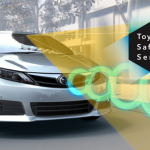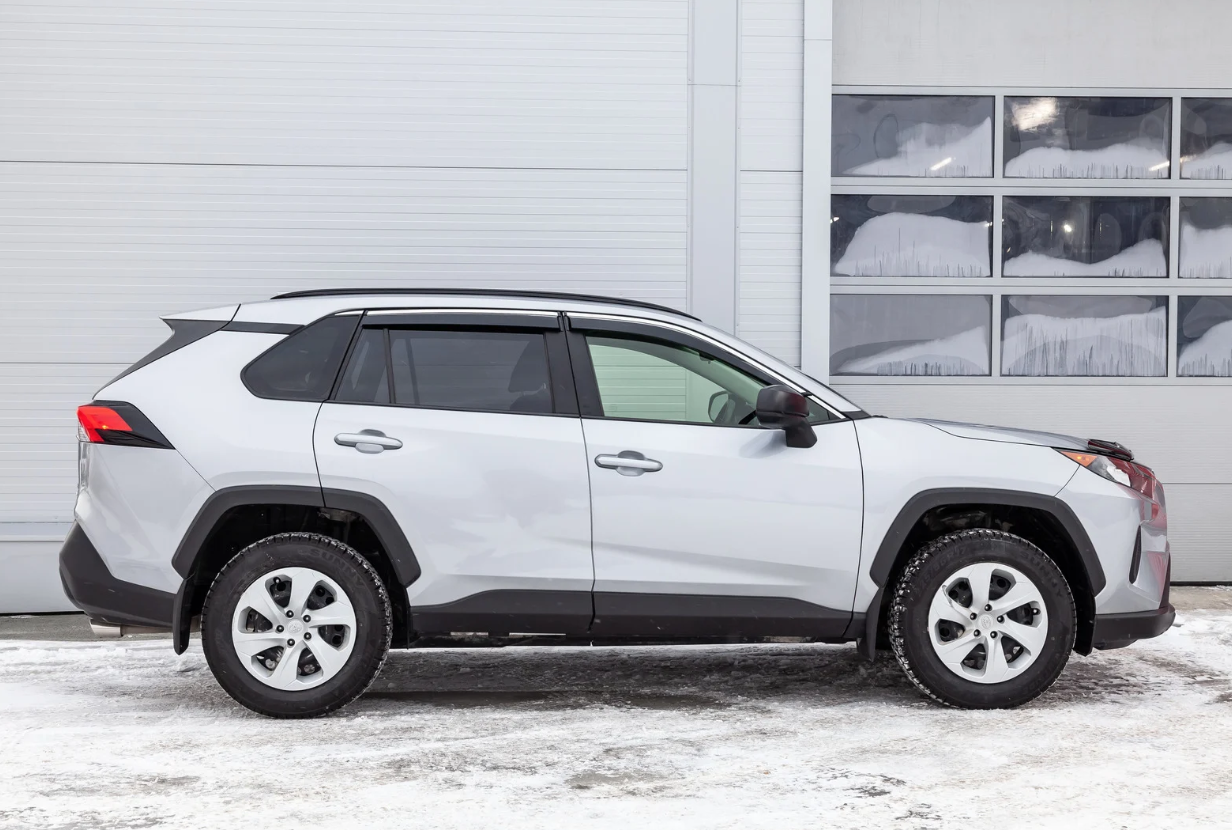In today’s fast-paced world, innovation is the driving force behind progress. At the heart of this innovation are the fields of Science, Technology, Engineering, and Mathematics (STEM). As industries increasingly rely on technology, the demand for a skilled workforce in these fields is higher than ever. Recognizing the critical need to equip young minds for the future, Toyota has made a significant investment in STEM education, helping to foster the next generation of innovators, engineers, and scientists.
Why STEM Education Matters
STEM education plays a vital role in preparing students for future careers in high-demand sectors, from automotive engineering to software development, environmental science, and beyond. In an era where automation, artificial intelligence, and renewable energy solutions are shaping the global economy, individuals with strong STEM skills are in greater demand.
Toyota understands that in order to continue leading the charge in automotive technology and sustainability, a strong pipeline of STEM talent is essential. That’s why the company has committed to empowering students and educators through a range of programs aimed at cultivating a passion for STEM.
Toyota’s STEM-Focused Initiatives
Toyota’s commitment to STEM education is deeply embedded in its philosophy of continuous improvement and innovation. The company’s various initiatives are designed to engage students at every stage of their academic journey, from elementary school to university-level education. Here are some of the key ways Toyota is making a difference:
1. Toyota USA Foundation Grants
The Toyota USA Foundation focuses on providing grants to organizations and schools that emphasize STEM education, particularly in underserved and underrepresented communities. These grants help fund resources like technology, equipment, and curriculum development, ensuring that students have the tools they need to excel in STEM subjects.
The foundation has awarded millions of dollars to initiatives that support hands-on learning experiences, teacher training, and after-school programs, all aimed at fostering curiosity and critical thinking in students.
2. Collaborating with Schools and Universities
Toyota partners with universities and research institutions to develop programs that bridge the gap between classroom learning and real-world applications. Through mentorship programs, internships, and collaborative research projects, Toyota gives students a firsthand look at how STEM disciplines apply to industries like automotive manufacturing, clean energy, and robotics.
One standout partnership is Toyota’s collaboration with the Massachusetts Institute of Technology (MIT), where the two institutions work together to advance AI research and autonomous vehicle technology, all while providing students with direct experience in these cutting-edge fields.
3. Supporting Robotics Programs
Robotics is an area where STEM comes alive for many students, offering an exciting, hands-on way to engage with technology. Toyota actively supports robotics competitions, including FIRST Robotics, an international competition that brings students together to solve complex engineering challenges through teamwork and innovation.
By sponsoring teams and offering mentorship from Toyota engineers, the company helps students not only build robots but also develop skills in problem-solving, communication, and leadership—key competencies for future STEM careers.
4. Innovative STEM Labs
Toyota has invested in building STEM labs in schools, providing students with access to high-tech tools and learning environments. These labs are designed to give students a space to experiment with concepts in engineering, coding, and scientific research. Through Toyota’s investments, schools can offer a curriculum that goes beyond textbooks, allowing students to immerse themselves in hands-on projects that mirror real-world challenges.
Promoting Diversity in STEM
Toyota is also committed to ensuring that STEM education is accessible to all students, particularly those from traditionally underrepresented backgrounds. Through outreach programs targeting girls, minority students, and students from low-income families, Toyota is working to close the gap in STEM representation. The Toyota Driving Possibilities program, for example, connects students with mentors and role models who can inspire them to pursue careers in STEM.
Toyota understands that a diverse workforce leads to better innovation, and by investing in underrepresented students, the company is helping to build a more inclusive future in STEM fields.
Preparing Students for Future Mobility Solutions
As the world moves towards smarter, more sustainable transportation solutions, Toyota recognizes the importance of equipping the next generation with the skills necessary to lead this transformation. Toyota’s focus on STEM education isn’t just about ensuring its own future workforce; it’s about preparing students to solve the global challenges of tomorrow.
From developing electric vehicles to advancing hydrogen fuel cell technology and autonomous driving systems, the future of mobility relies heavily on STEM. By investing in education today, Toyota is laying the foundation for the groundbreaking innovations that will define the future of transportation.
Looking Ahead
As industries across the globe continue to evolve, so too does the need for a highly skilled STEM workforce. Toyota’s investment in STEM education is part of a broader strategy to not only stay at the forefront of automotive innovation but to empower young minds with the knowledge and tools needed to make a lasting impact on the world.
Through grants, partnerships, and community engagement, Toyota is creating opportunities for students to discover their passions and unlock their potential. As Toyota continues to drive change, its commitment to STEM education ensures that the leaders of tomorrow are well-equipped to face the challenges and seize the opportunities of an ever-changing technological landscape.




